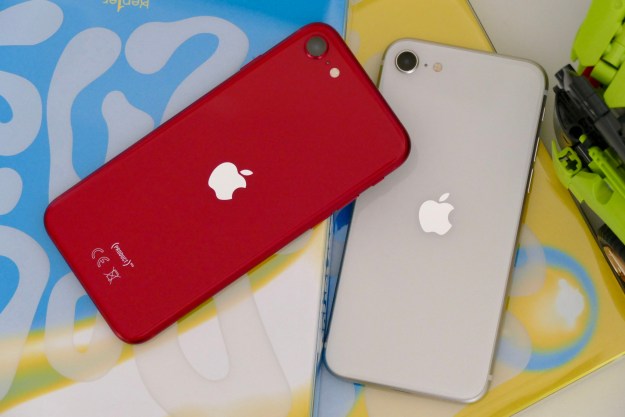
Russia’s anti-monopoly agency first claimed in August that Apple was allegedly fixing prices in Russia. After compiling a case against the iPhone maker, the agency has now found Apple guilty.
The allegations apparently sprung from “a citizen with information” about alleged incongruities in Russia’s smartphone resale market. According to FAS investigators, 16 unaffiliated third-party retailers maintained an agreed-upon price for Apple’s iPhone 6s and 6s Plus models “for a certain period of time” — as early as October 2015. “The Anti-Monopoly Service sees signs of price-fixing violations in the Russian Federation at Apple iPhone resellers, which resulted in the same prices for these smartphones,” the agency said in an earlier statement.
The formal filing followed months of legal discovery by FAS head Andrei Filimonov. Russian news agency Interfax reported that a delegated unit began looking into claims of iPhone price-fixing in February 2016.
According to a report from The Financial Times, Apple illegally ordered retailers to fix prices of both the iPhone 5 and iPhone 6 models. Specifically, retailers were allegedly told to sell the iPhone at a certain price, and if a retailer was selling the phone at an unsuitable price, they were ordered to change the price or have their sales agreement terminated.
So what happens now? We don’t yet know — it’s possible that Apple could be facing fines in Russia, but any punishment has yet to be announced. The worst-case scenario for the company is that it will have to pay up 15 percent of its sales in Russia.
Apple characterized the agency’s accusations as baseless. “Resellers set their own prices for the Apple products they sell in Russia and around the world,” a spokesperson for the company told Fortune. Two of the retailers accused of conspiring to collude, MTS and Euroset, Russia’s largest mobile phone retailer, denied that they had coordinated pricing.
The FAS decision was criticized by Dmitry Marinichev, Russia’s government-appointed internet ombudsman, who argued that retailers, not Apple, deserved the agency’s scrutiny. “It won’t be possible to punish Apple,” he said. “It’s a commercial company, and therefore it works on the free market and defines for itself what the pricing level should be for a given market.”
It’s not the first time Apple’s found itself in hot sbiten. A Russian lawsuit against the company in July alleged that Apple “did not sufficiently support” its products in the country — specifically, that Apple stores and third-party repair facilities in the country lacked the “advanced calibration equipment” and expertise needed to repair broken phones and tablets.
Apple is not the only American tech company that’s found itself in the Russian government’s crosshairs. In 2014, the FAS found Google guilty of abusing its position in the Russian mobile industry by stifling search engines and services that competed with its own — a judgment that Moscow’s Arbitration court upheld in March. And in 2014, Google, Facebook, and Twitter ran afoul of a law that requires tech companies to store Russian users’ personal data on servers within the country’s borders.
Updated on 03-14-2017 by Christian de Looper: Added news that Russian anti-monopoly agency has found Apple guilty of price-fixing.
Editors' Recommendations
- This is the iPhone concept of my dreams
- I found an amazing new way to use my iPhone 15 Pro Max
- iPhone 16: news, rumored price, release date, and more
- AirTags range: here’s how far the tracker can reach
- Nomad’s new iPhone case and Apple Watch band may be its coolest yet


